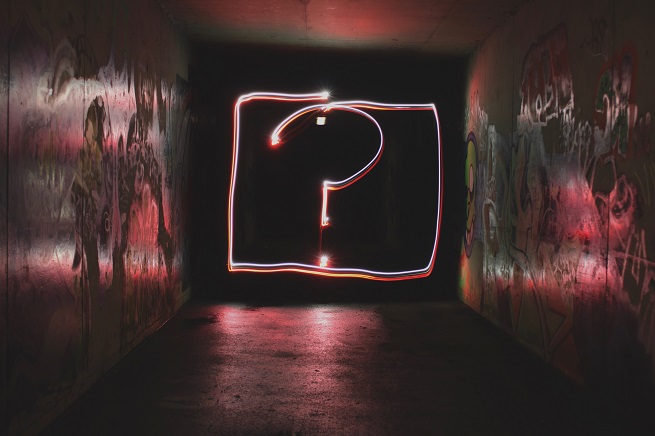
A few weeks ago I attended a talk during which a number of claims surrounding questions of correlation and causation were made, which suggested a significant link between two factors. However, when I asked for more details about the relationship between the two variables, I was told that these statements were based on assumptions gleaned from engagement with the media - reading articles in the press that suggested that in cases where A occurred, B also occurred. In fact, no quantitative data had been gathered, requested, or analysed.
On hearing this, I pointed out to the speaker that without substantive analysis making claims about correlations was somewhat unwise, and, in fact, damaging to the claims of their argument. I can’t say that this made me very popular, but it raised in my own mind a really important point.
Research methods matter. The approaches we use to unpick and unravel complicated academic questions are important.
Whether that is engaging with the correct literature, using the right type of sampling method, or requesting and analysing the relevant data sets, it is important that, at all levels - for students, academics, journalists, or even members of the Government - we consider what it is that we are claiming, and whether our approaches to doing so are appropriate.
Had the speaker in question accessed data sets - anything from the British Election Survey, the results of You Gov surveys, or crime figures acquired through freedom of information requests - they could have engaged in statistical analysis providing evidence to support their claim that in instances where A occurs we often find that B does too.
Now, it is entirely possible that their assumptions were wrong and that, in fact, a correlation doesn’t exist between the two.
Or that a correlation did exist but they still have no idea about causation (never assume causation based on correlation*) - statistics are not a magic wand.
But, at least, when engaging with the correct research methods to support your claims they will stand up to the scrutiny of the annoying academic in the audience asking, ‘what research methods did you use’.
* Correlation suggests a relationship between A and B - we may see an increase in B when we see an increase in A or vice versa. Causation is when we can show that A actually caused B
Find out more
- Learn more about our politics research